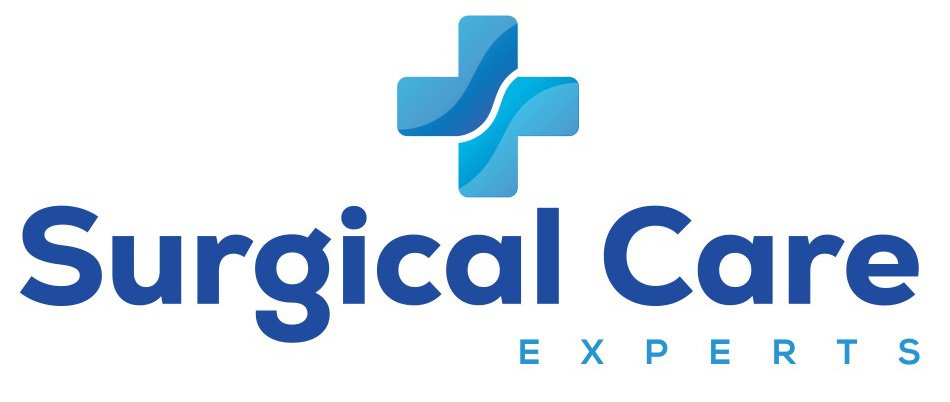About Us
Surgical Care Experts is dedicated to providing exceptional care throughout your entire fistula treatment journey. We understand the discomfort and challenges associated with fistulas and offer a comprehensive approach, managing every step from initial diagnosis to post-operative recovery. Our team of experienced professionals will work closely with you to ensure a successful outcome.
Fistula Treatment
A fistula is an abnormal connection between two organs or tissues that shouldn’t be directly connected. In some cases, surgery may be the most effective treatment option for fistulas, depending on the location and severity.
How Fistulas are Diagnosed
An accurate diagnosis is crucial for successful fistula treatment. Your doctor will likely perform a physical examination and may order imaging tests like X-rays, ultrasounds, or MRIs to visualize the fistula’s location and characteristics.
Advantages of End-to-End Surgical Care
An accurate diagnosis is crucial for successful fistula treatment. Your doctor will likely perform a physical examination and may order imaging tests like X-rays, ultrasounds, or MRIs to visualize the fistula’s location and characteristics.
Advantages of End-to-End Surgical Care
- At Surgical Care Experts, we handle your entire fistula surgery experience:
Pre-operative consultations: We discuss your condition, treatment options, and answer any questions you may have.
Surgical expertise: Our qualified surgeons utilize minimally invasive techniques whenever possible to promote faster healing and minimize discomfort.
Post-operative care: We provide comprehensive follow-up appointments to monitor your progress and ensure optimal healing.
Symptoms of Fistulas
- Symptoms of a fistula can vary depending on its location. Here are some common signs:
Drainage of pus or other fluids from the opening of the fistula
Redness or swelling around the fistula
Pain or discomfort in the area
Difficulty controlling bowel movements (for anal fistulas)
Causes of Fistulas
Several factors can contribute to fistula formation, including:
Crohn’s disease or ulcerative colitis (inflammatory bowel diseases)
Infection
Surgery complications
Trauma
When to See a Doctor
If you experience any potential fistula symptoms, consult your doctor promptly. Early diagnosis and treatment can help prevent complications and improve your overall well-being.
Risk Factors
Certain factors can increase your risk of developing a fistula, such as:
Weakened immune system
History of inflammatory bowel disease
Previous abdominal surgeries
Complications
While uncommon, potential complications from fistula surgery include
Infection
Bleeding
Recurrence of the fistula
Damage to nearby organs or nerves
Prevention
Preventing fistulas depends on the underlying cause. For some, maintaining a healthy lifestyle and managing chronic health conditions may help reduce the risk.
Patient Testimonials
FAQs
Not all fistulas require surgery. Your doctor will determine the best course of action based on the severity, location, and underlying cause. Surgery is typically recommended for complex fistulas or those that don’t respond to other treatments.
The specific procedure depends on the type and location of your fistula. Generally, fistula surgery is performed under general or spinal anesthesia. Minimally invasive techniques are preferred whenever possible, resulting in smaller incisions and faster recovery.
Recovery time varies depending on the complexity of the surgery and your individual healing process. Typically, it takes several weeks to fully recover. Your doctor will provide detailed instructions on post-operative care, including wound care, pain management, and activity restrictions.
Success rates for fistula surgery are generally high, with a significant reduction in symptoms and improved quality of life. However, there’s always a chance of recurrence, especially with certain types of fistulas.
Your doctor may suggest a high-fiber diet to promote bowel regularity and aid in healing. They might also recommend avoiding certain foods that could irritate the digestive system
The timeframe for returning to work depends on your job demands and the complexity of the surgery. Generally, you can expect to take 1-2 weeks off for recovery, but consult your doctor for specific guidance.


